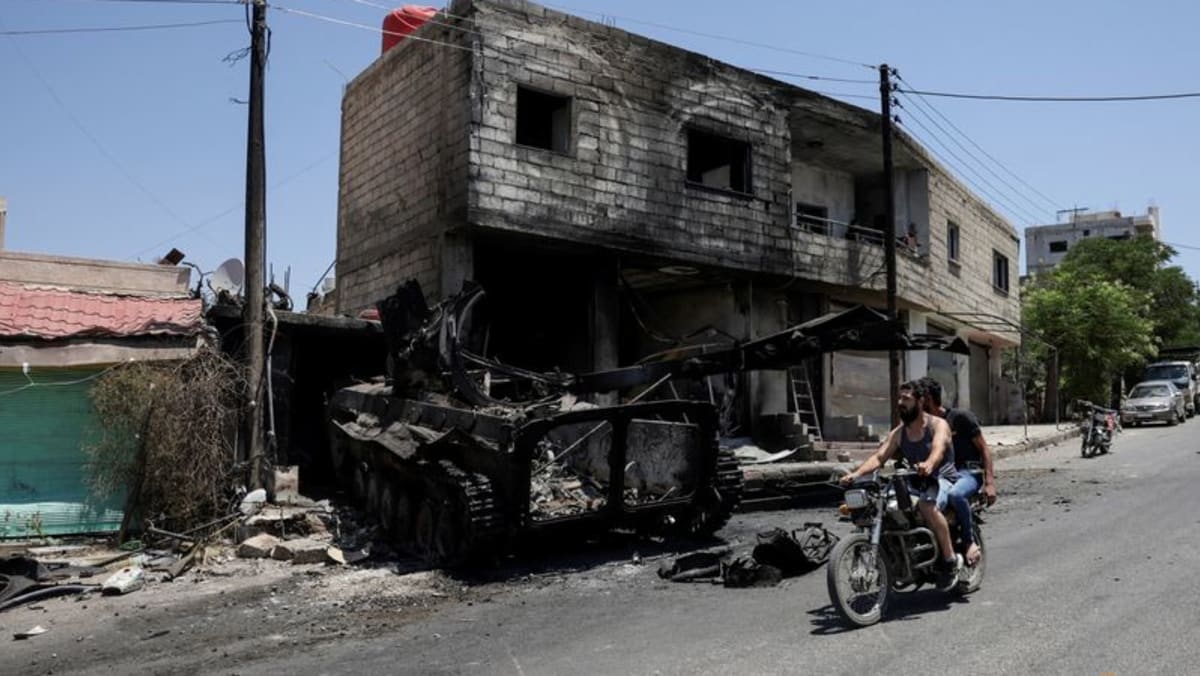However, a country’s national grid will be vulnerable to power outages if it does not have the capacity for baseload power generation. The decision to turn off baseload nuclear power and feed in renewables is because Spain’s grid has been optimised so that electricity from renewables is cheaper than nuclear, particularly during seasons when there are excessive solar or wind power.
Spain can have a fully clean source of electricity production by including nuclear in its energy mix. The key consideration is baseload power generation, which is a feature of power stability rather than economic viability.
Norway, for instance, relies predominantly on renewable energy for electricity production. More than 95 per cent of its electricity generated comes from hydropower – a renewable source that can also serve as a form of baseload power.
Spain’s decision to phase out nuclear power by 2027 is as controversial as Germany’s decision to shut down its nuclear power plants. Germany’s phase-out of nuclear power has increased its dependence on coal and natural gas as a baseload power needed for critical infrastructure and industries, which ironically leads to an increase in carbon emissions.
Several European countries have since made a U-turn on their nuclear phase-out plans. In 2023, Sweden revived its plan to build new nuclear plants after decades of nuclear abandonment. Italy signalled it will reverse its ban on nuclear power in 2025, while Belgium recently repealed a law to scrap nuclear energy, citing it as imperative for energy independence and decarbonisation.
LESSONS FOR ASEAN
Presently, Southeast Asia does not have any operating nuclear plants to produce clean energy. The ASEAN power grid, long in the making, will allow countries to trade green electricity with each other. Presently, there are 13 established links out of 27 planned ones, generating about 5 gigawatts of electricity.
The electricity that feeds into the ASEAN power grid will primarily be produced from renewable sources in the region. The recent blackout in Spain shows how an overreliance on solar and wind power can lead to grid instabilities. Hence, the adoption of nuclear energy in the future can enhance regional energy security and add resilience to the common grid serving Southeast Asia.
Alvin Chew is Senior Fellow at the S Rajaratnam School of International Studies (RSIS), Nanyang Technological University (NTU).














